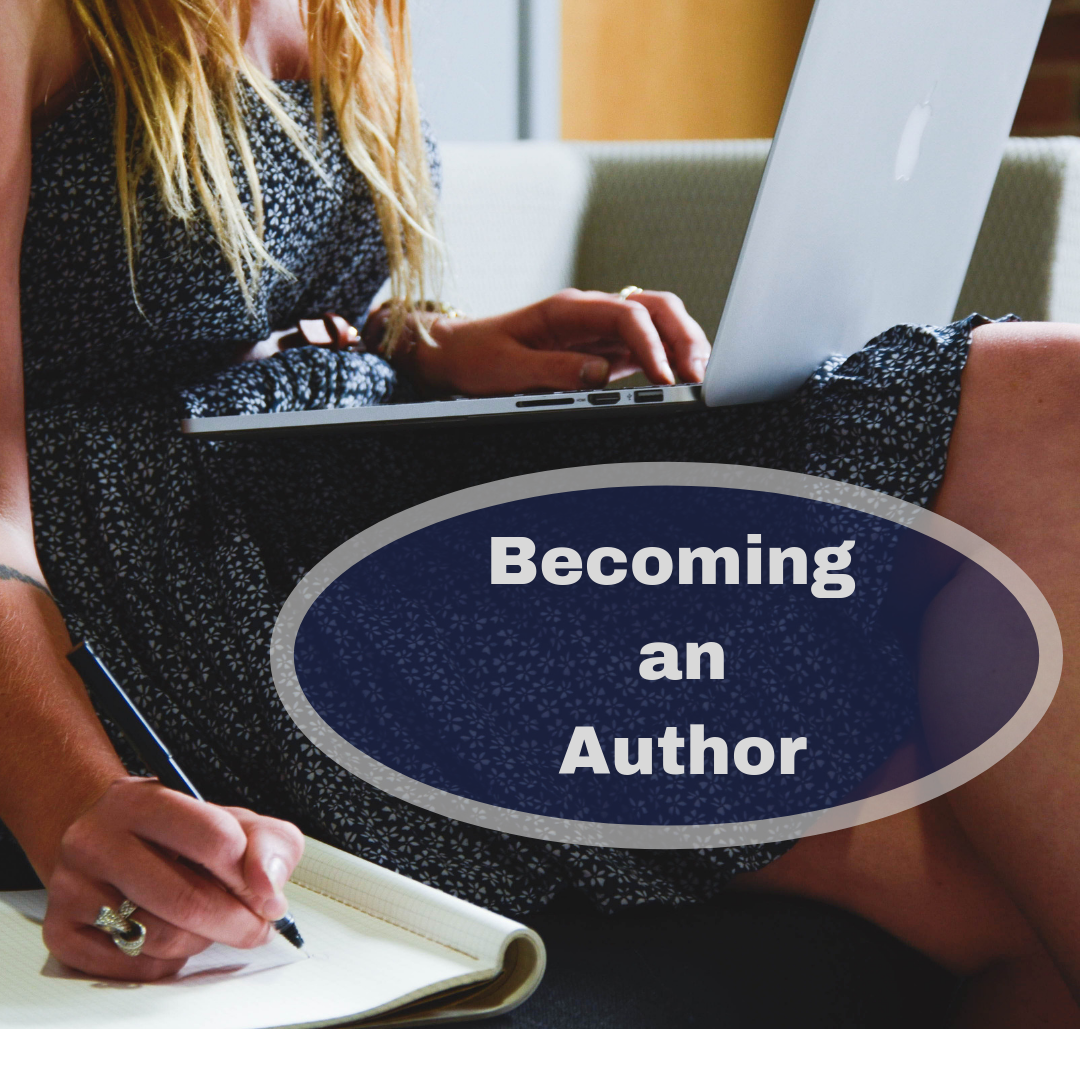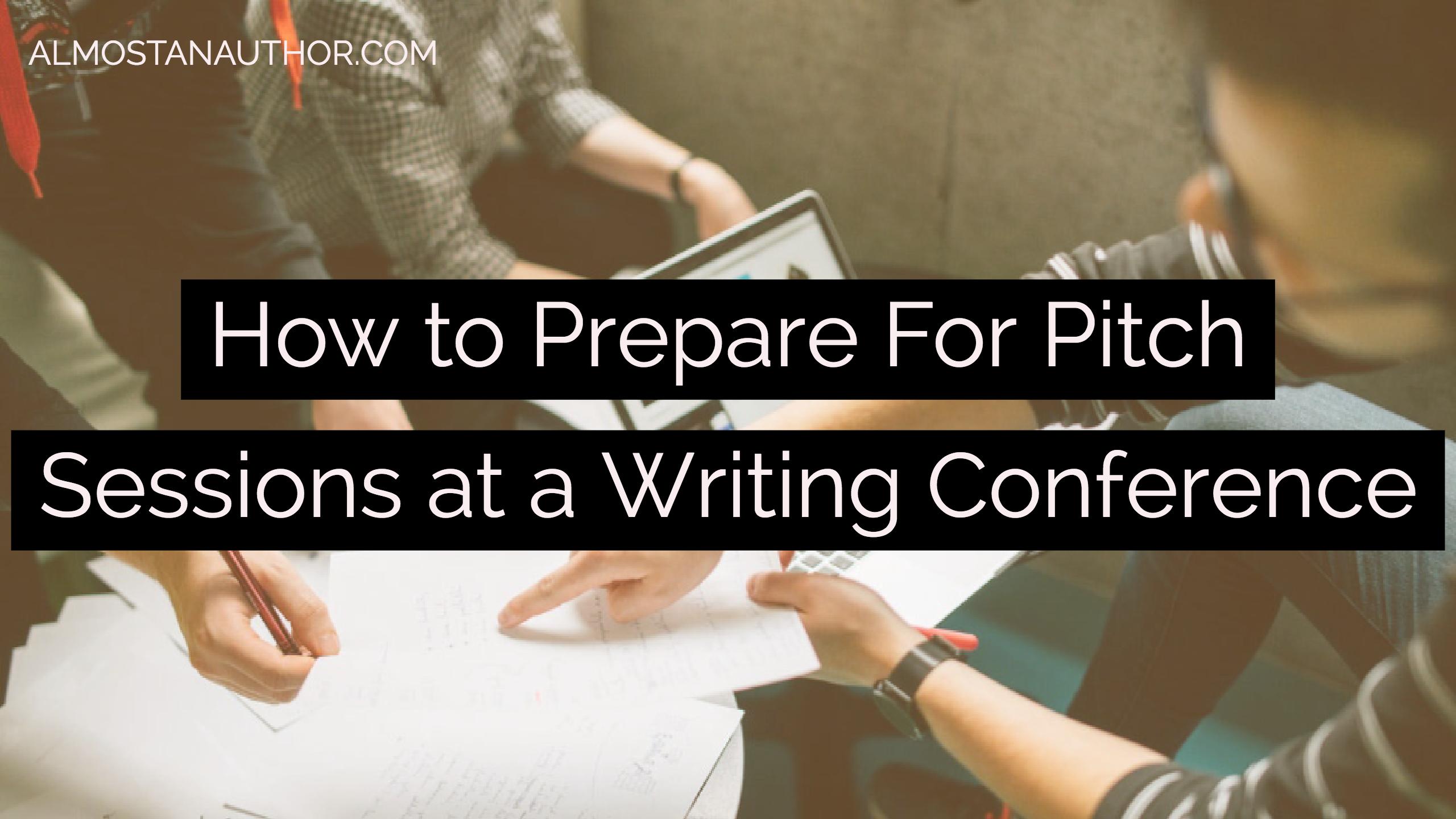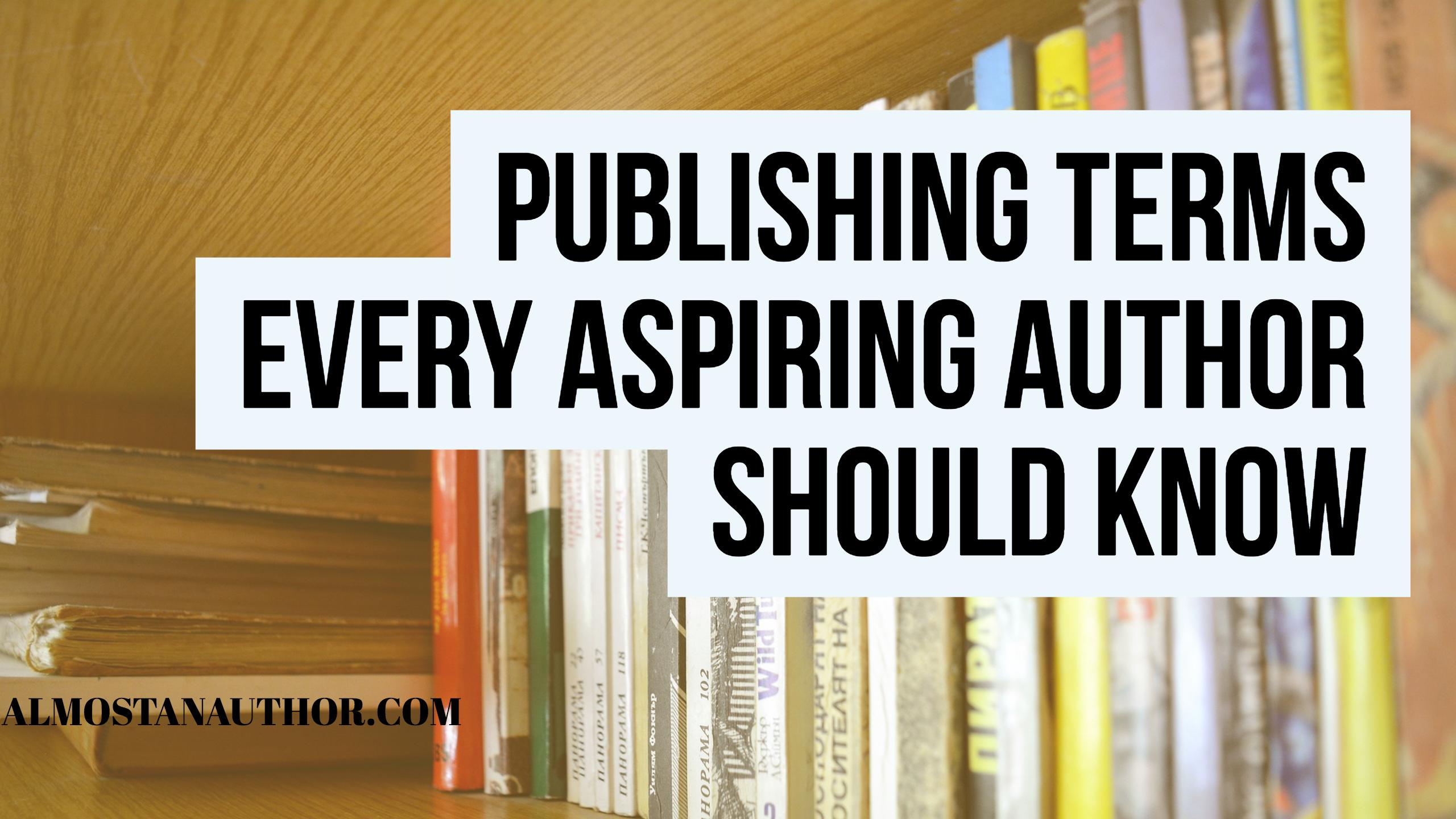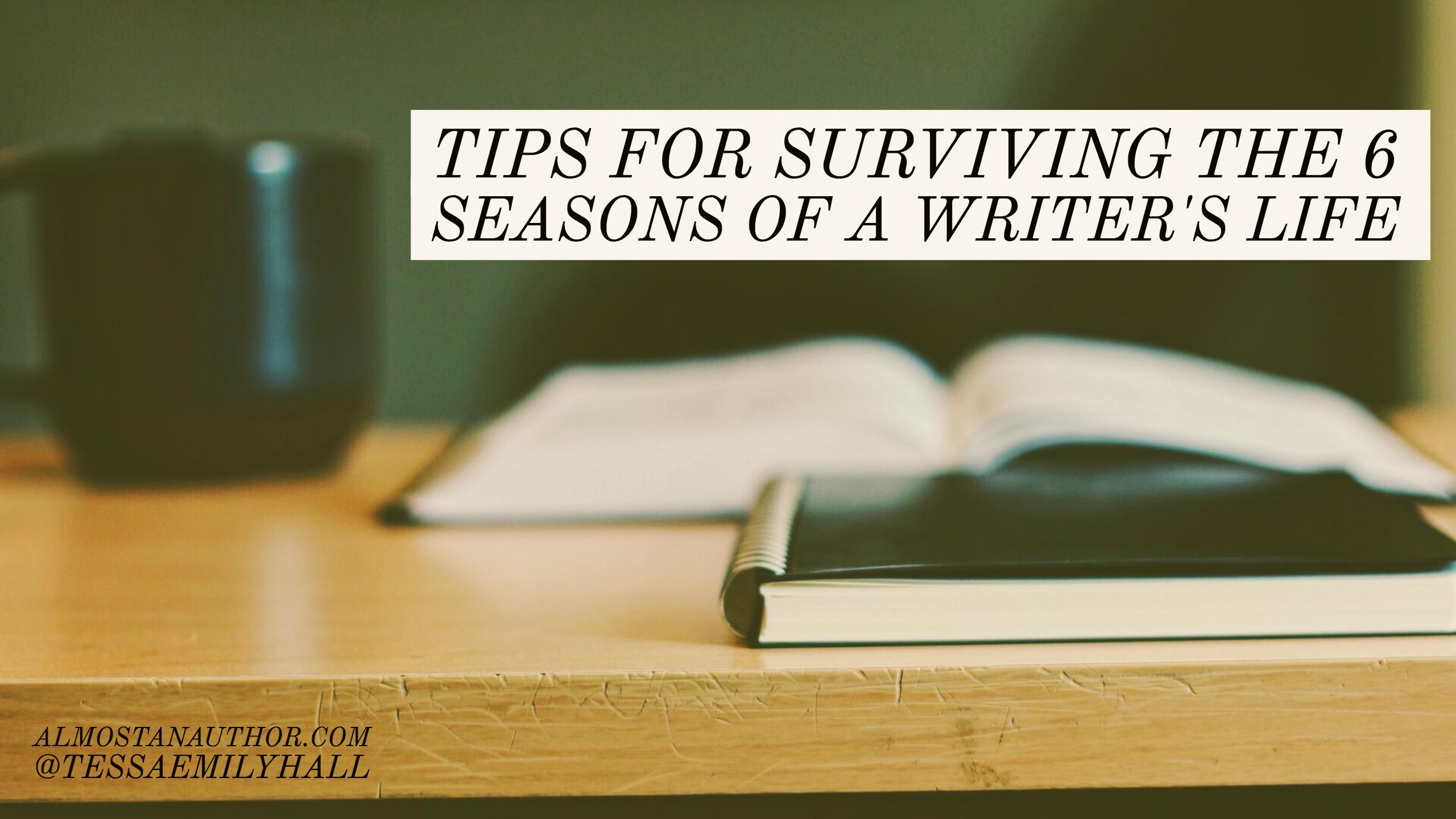
5 Acting Books Every Writer Should Read
If you are a writer who is serious about pursuing publication, perhaps you have a couple of writing craft…
April 9, 2021
If you are a writer who is serious about pursuing publication, perhaps you have a couple of writing craft…
April 9, 2021
The writing journey is not for the faint of heart. The rejections, critiques, and setbacks provide plenty of opportunities…
February 9, 2021
Every year around this time, I take a moment to reflect on the progress I have made as a…
December 9, 2020
There’s no denying that COVID has brought about drastic changes to our world in 2020. Yes, most of these…
October 9, 2020
As an actress, I’ve always been fascinated with the many ways in which the craft of acting can compare…
September 9, 2020
So far in this series, I’ve shared with you techniques I’ve learned as an actress that has strengthened my…
August 10, 2020
As I mentioned in the previous post, there is much we can learn on the writing craft by studying…
July 9, 2020
Over the years, I’ve studied the craft of both writing and acting, and I’ve been amazed at how the…
June 18, 2020
If you’ve been trudging along the writing path long enough, you’ve probably already discovered that it isn’t for the…
May 9, 2020
If you, like the rest of the world, have been stuck inside of your home because of the Coronavirus,…
April 9, 2020
It seems as though every season in the publishing industry invites a new waiting game: Writing the book. Editing.…
March 9, 2020
When I receive a new submission at Illuminate YA fiction (teen imprint of LPC Books), I can usually determine…
February 9, 2020
It can be discouraging to not receive a response on your submission—and even more frustrating when the response is…
December 9, 2019
In the previous post, I discussed how you can prepare for a literary agent by approaching the relationship with…
November 9, 2019
I was fifteen years old when I officially decided to launch my writing journey. I began by devouring books…
August 9, 2018
Social media provides a new frontier ready for settlers. We gaze at its complex landscape of influencers, followers, and…
July 9, 2018
Marketing isn’t exactly an author’s favorite job. After all, aren’t writers supposed to keep producing books and rely on…
March 9, 2018
Let’s face it: There isn’t a guaranteed and instant pay off for the writer who works hard at finishing…
December 9, 2017
I attended my first writing conference when I was sixteen-years-old. This is what lead to the publication of my first…
November 9, 2017
Have you ever noticed how some authors tend to focus too much on writing certain fiction elements, yet ignore…
October 9, 2017
In the previous post, we discussed how writers can build a blog readership by establishing a brand, deciding on…
August 21, 2017
When I was in elementary school, I was taught to incorporate as many adjectives and adverbs into my stories…
August 9, 2017
Aspiring authors are frequently advised to build a writing resume in effort catch the attention of an agent or…
June 8, 2017
If you’re planning to attend a writing conference any time soon, it may be wise to freshen up…
April 8, 2017
If you’ve been in the industry long enough then you probably know by now that the writer’s life is…
March 8, 2017